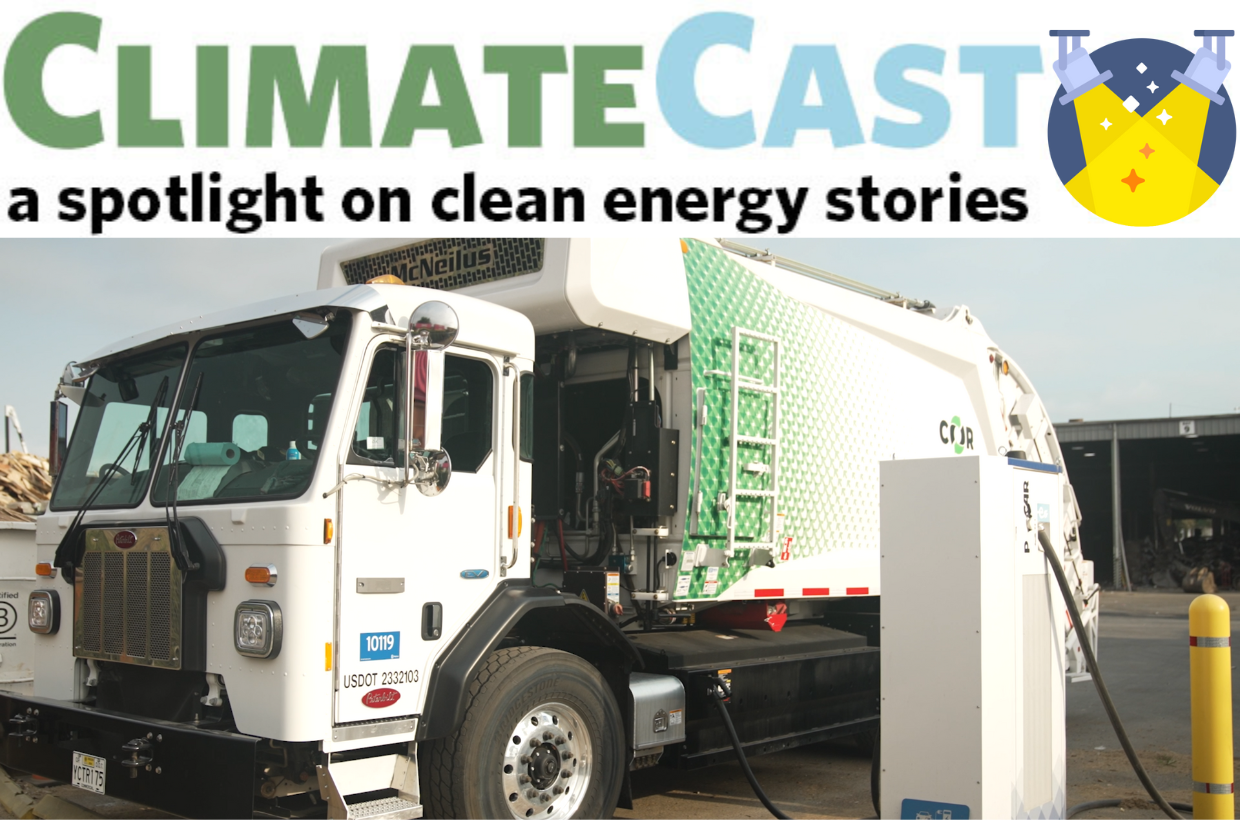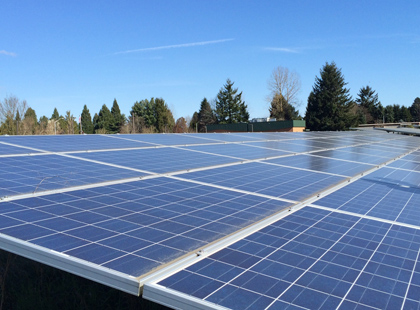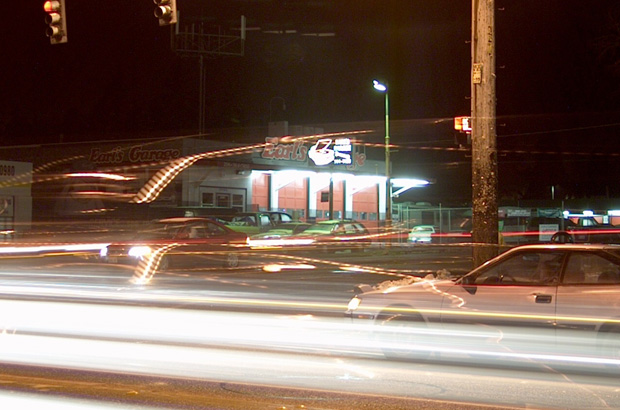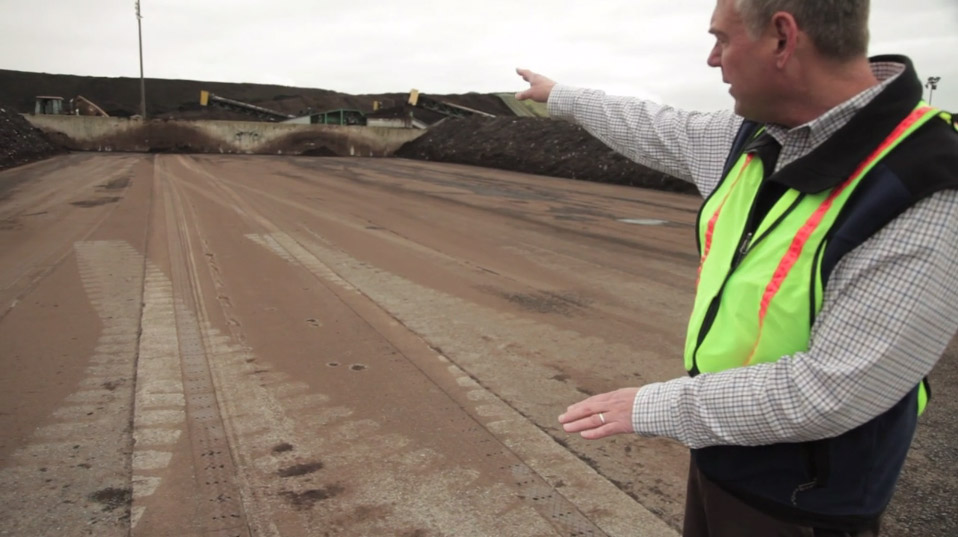Taking out the trash just got cleaner and quieter


By: Jonathan Lee on
City of Roses (COR) Disposal & Recycling is making history as the first trash hauler in Portland to operate zero-emission electric garbage trucks.

By: Jenna Garmon on
Sometimes good things lurk in the FOG. In this case, FOG is a waste product—fats, oils, and grease—and it’s a major reason why the City of Gresham was able to turn its wastewater treatment plant from an energy hog into the first net zero energy plant in the Pacific Northwest.

By: Elizabeth Willmott on
On-the-ground urban carbon reduction strategies are essential with or without carbon pricing, as they are the bricks-and-mortar pathways to a low-carbon future.

By: Bobby Hayden on
How a family-owned composting business transforms the Northwest garbage industry, captures carbon, changes consumer behavior and creates jobs.
Join our email list to learn about what we do and how to get involved.
CleanTech Showcase is the Pacific Northwest’s premier cleantech business event. This one-day event gathers the industry’s best and brightest to learn about the latest clean technology innovations, research and investment opportunities.
Engage the industry’s best and brightest while seeing the latest cleantech innovations from across the region.
Network with 350+ industry leaders, investors, media and policymakers.
Hear and learn from renowned speakers across research, investing and industry.
The Seattle Chamber of Commerce and the Clean Tech Alliance invite you to hear Dr. Paul Brooks of Tata Steel give a European energy-intensive industry perspective on climate change policy, carbon pricing, and industrial competitiveness.
Sometimes good things lurk in the FOG. In this case, FOG is a waste product—fats, oils, and grease—and it’s a major reason why the City of Gresham was able to turn its wastewater treatment plant from an energy hog into the first net zero energy plant in the Pacific Northwest.
This free public event connects local residents and business owners with services, products, companies, and agencies that address sustainability needs in our community. Participants learn about transportation choices, green construction, energy conservation, reuse and recycling, solar energy, local food and gardening, and cost-effective sustainability practices.
On-the-ground urban carbon reduction strategies are essential with or without carbon pricing, as they are the bricks-and-mortar pathways to a low-carbon future.